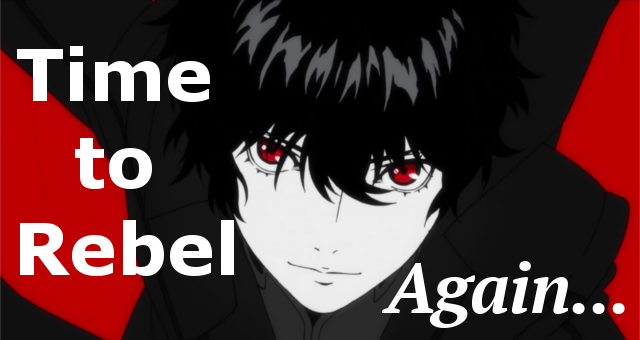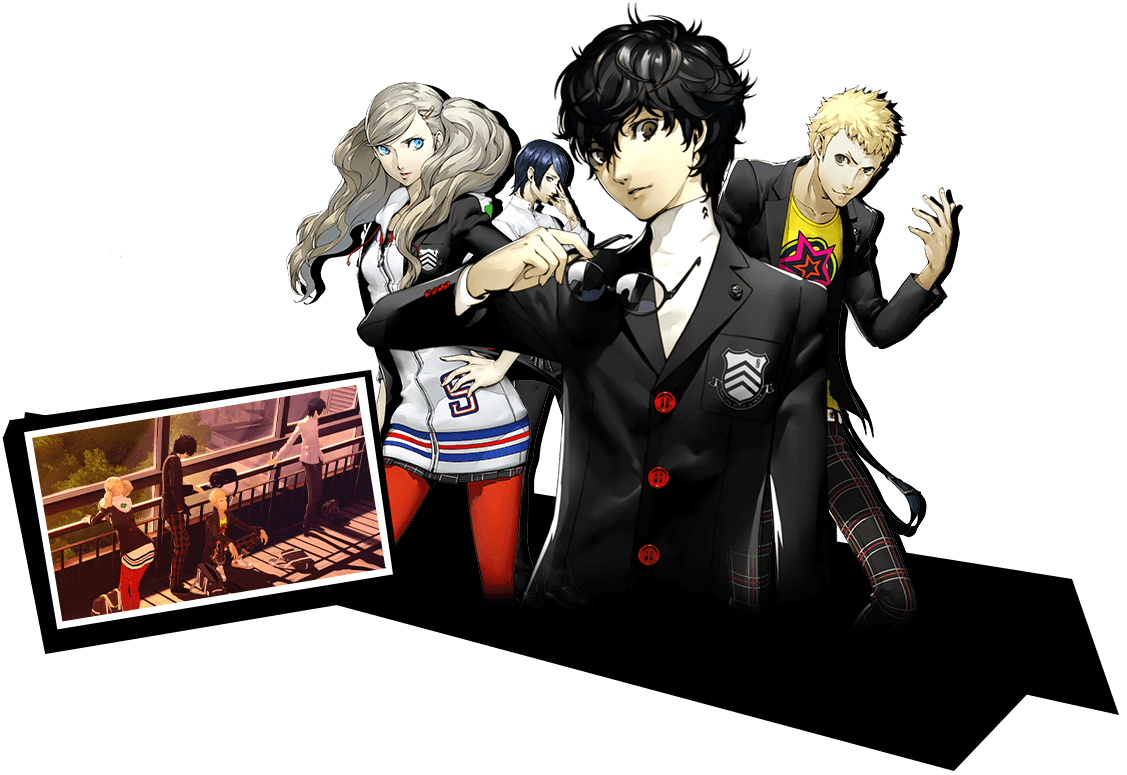Atlus has really created a rift in the video game community — specifically Persona 5’s community. Upon release, the game was met with glowing reviews and adoring fans. One of my fellow writers here at GameSkinny has even hailed it as the best JRPG of all time behind closed doors.
But developer Atlus decided that streaming past a certain (early) point in the game would be punishable with a copyright strike and DMCA takedown. Moreover, Atlus deactivated the screenshot/video feature on the PS4. The company claimed that all the fuss was meant “to prevent spoilers”.
In reality, though, Atlus has hurt itself and its game with these sorts of strict regulations more than it’s hurt streamers. Most Persona 5 streamers have simply ignored the warning and continued streaming, leaving Atlus looking the fool. But what does this really mean for the company and its brand image?
The Stakes of Atlus’ Actions
Let’s Talk Legal Precedent
Publishers technically have the right to limit a player’s ability to take screenshots via the PS4. Many developers have done this in the past for particular sections, or cut scenes, in a game. There are arguments to be made about this concerning free speech or other myriad issues — but at the end of the day, taking screenshots of games, while not illegal, is also not a protected right.
There’s also the matter of legal precedent. It is generally accepted that as long as significant commentary is made over video game footage, the commentator in question is protected by fair use. As such, streamers exist within an awkward middle ground.
Under copyright law, copyright holders are allowed to have control over public displays of their work. Fair use only protects significant alterations to the original work. Thus, most streaming could arguably be deemed illegal because of this. (I am pretty sure that I could not add my own commentary to an NFL game and hope to say that it was fair use.)
However, the U.S. court system has not had a case that actually sets a precedent for streamers/Let’s Players.
While Streamers are in an Awkward Position, They are Generally Considered More of a Symbiote than a Parasite.
Streamers have single-handedly propelled games to fame and success. And much of their work is considered to be free publicity. Streamers also hold market dominance on some of the largest video sharing platforms in the world, such as Twitch and YouTube. Their combined might may not quite stand up to the marketing hordes of AAA publishers, but there’s a reason that PR departments are willing to send free game copies to streamers.
The games industry largely knows and accepts these personalities as an integral part of the games industry (even if they are regularly hit with misguided, or misaimed, copyright strikes). Moreover, even the companies that think of streamers as parasites (i.e. Nintendo) have not actively sued any streamers, presumably because they know their public image would suffer greatly for it.
Jim Sterling, in particular, has been very vocal about his struggles with video game companies and litigation. Below is one of many videos where he discusses his own copyright takedown issues.
A video, such as one comparing the themes of Persona 5 to those present in Shakespearean literature, would very clearly constitute significant commentary/contributions and would be protected under fair use; it could not lawfully be stricken down by Atlus. However, you would most likely not be safe because you would lack the firepower to fight back.
Although you could appeal your case via YouTube’s counter-claim system, your results would vary. And for many people, this could still leave their primary source of income in shambles for weeks at a time. It would be easy for Atlus to bully content creators out of utilizing their rights.
The (Self-Inflicted) Damage Atlus Has Done to Themselves
WTF Did You Think would Happen, Atlus?
However, none of this is unique to this situation. YouTuber’s that display video game footage on their channel legally go through this type of crap all the time. It is a natural by-product of American copyright law, and the law system in general, favoring the people with the more expensive lawyers and the YouTube system which seemingly decides you are guilty until proven innocent. In fact, Atlus at least gave some guidelines, even if they were bullshit, which is more than most companies can say.
The people that were hurt by this the most were not the creators, but the fans. The irony of the situation is that Atlus inadvertently caused WAY more spoilers than had they said nothing. Both directly, in that they literally spoiled things to give you examples of things that you should note spoil, and indirectly.
Sure, Let’s Players technically “spoil” the game for their viewers, but only for an audience of people that have willingly chosen for this game to be spoiled. But by restricting these legitimate voices, Atlus stoked the flames of trolls and practically begged for them to rain spoilers upon everyone.
This made the whole community toxic. Instead of people being able to use their PS4 to easily take and share high-quality screenshots across the internet, thus building the community, they have been forced to completely ignore any social media (Twitter, Facebook, Reddit, etc.) altogether, thus significantly weakening the community. And removing Let’s Plays also, in turn, weakens the community.
That’s ultimately why this is such a big deal. You do something that steps all over people’s free speech rights, either literally or in spirit. Only to then hurt every party involved. Atlus could help their public image by just lifting these restrictions and saying,”Our bad, we have learned the error of our ways!” (Although we would all know they were full of shit when they said it.) But it would never heal the community surrounding this game. Those spoilers will always be present on forums and social media for future fans.








Published: Apr 14, 2017 03:40 am